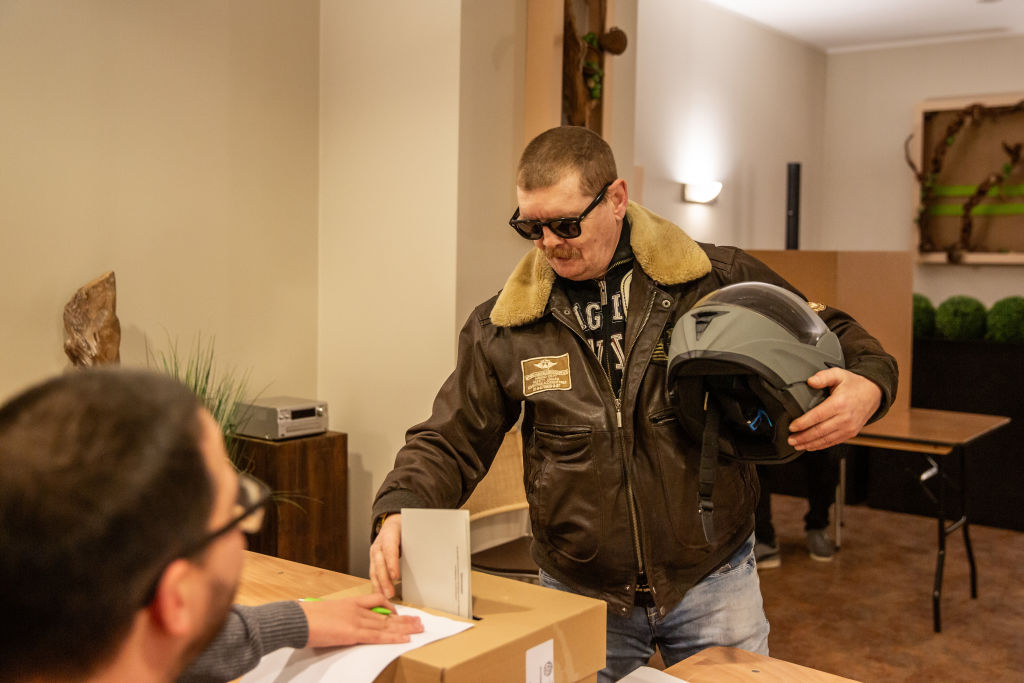A German programme designed to incentivise Syrian asylum seekers to return to their home country has failed to result in large-scale remigration.
As a speaker for the interior ministry confirmed to Brussels Signal on April 23, as of mid-April 464 people had left Germany through the Reintegration and Emigration Programme for Asylum-Seekers in Germany / Government Assisted Repatriation Programme (REAG/GARP 2.0).
It was set up in January 2025 to help Syrians in Germany return to their country after the fall of the Bashar al-Assad regime in December 2024.
The State-funded scheme offered travel cost subsidies of up to €200 per person plus “start-up help” payments of up to €1,700 per person or €4,000 per family.
It was part of the long-running REAG/GARP programme for repatriation of asylum seekers that was previously closed to Syrians due to the critical security situation in the country under Assad.
According to the interior ministry, though, in 2024 and 2025 a total of 164 Syrian returnees received payouts from other public schemes.
Brussels Signal asked the interior ministry how the number of 464 Syrian returnees compared to initial estimates about the programme’s efficacy.
In response, a spokesperson said: “The situation in Syria remains extremely volatile. It can be assumed that many people who want to return to their Syrian homeland will wait until the situation has stabilised.
“In this respect, the interior ministry believes that it is still too early to draw a conclusion on the REAG/GARP 2.0 programme.”
The spokesperson added that there was no statistic on how many Syrians had left Germany after the fall of the Assad regime altogether – whether subsidised or not.
In January and February 2025, 7,816 Syrian nationals applied for asylum in Germany, according to official figures. In 2024 the total number of applicants was 76,765.
The incoming Christian Democratic Union (CDU)-Social Democratic Party (SPD) coalition government has agreed to curtail asylum migration, although many have expressed doubt that the parties were serious about that.
As part of the coalition pact, the CDU and the SPD have agreed to set up federal remigration centres to expedite the departure of refugees from Germany.
The partners have also promised they will start deporting immigrants to Afghanistan and Syria, “starting with criminals and people who pose a threat”.
To facilitate the return of Syrian refugees, CDU and SPD have agreed to “support Syria in stabilising and reconstructing the country subject to strict conditions”, although no concrete initiatives have been announced.





